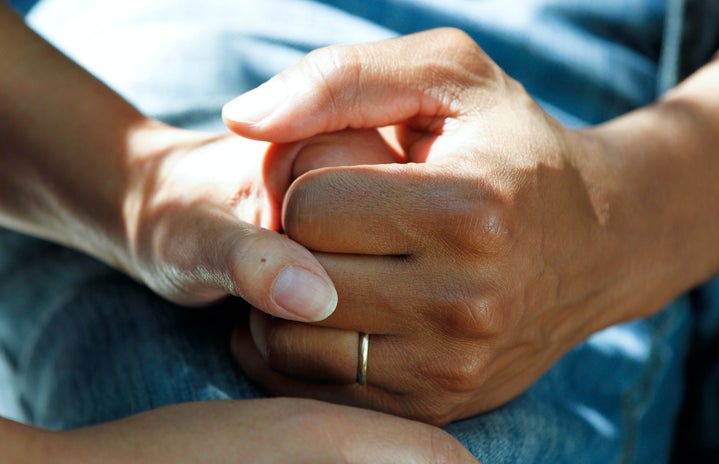Female-identifying readers: have you ever tried to look up some of the symptoms you are experiencing to find out whether you’re in need of medical assistance, and are unable to find a singular diagnosis? Do you often find yourself anxious because WebMD has stated that you currently have a symptom of cancer? Or when you do find a probable cause, the explanation states that symptoms vary from woman to woman?
There is a lack of research being done on women’s bodies, and the symptoms normally relate to studies that have been done to research men’s health and generalized this to everyone. Why is it that we are unwilling to study the female body, and accurately evaluate how the female body reacts to certain chemicals, viruses, and antibodies? Have we failed to challenge the patriarchal system that medicine thrives on?
For centuries, women have been seen as “inferior” to men, and the oppression hasn’t just been from a sexual violence, domestic violence, workspace, and societal gender discrimination. It has also been reflected in women’s health, as there continues to be a lack of research being done to re-evaluate diagnoses of women’s health.
It was only 20 years ago that a group of legislators and advocates in the United States fought for there to be a law mandating that women and minorities have to be included in clinical trials (Connors Report). Since this law has been enforced, we now understand that there are four diseases where differences in men’s and women’s health are now recognized: cardiovascular health, lung disease, depression, and Alzheimer’s. This has also helped medical professionals avoid misdiagnoses in their patient’s health.
A study in 2016 based on research for men’s birth control was cancelled: the kicker? Men were dropping out of the study because they were experiencing side effects from this hormonal injection. The Atlantic’s article “The Different Stakes of Male and Female Birth Control” talks about the difference in side effects between women’s birth control and men’s, and men’s birth control had fewer side effects than women’s. It seems kind of funny that we have had women’s birth control around for so long, and it was created by a feminist doctor, Dr. Margaret Sanger, who wanted to separate the idea of procreation being based on the sex of a person. Birth control has definitely assisted in pushing women to higher economic statuses, as well as helped promote higher education for women.
From personal experience, a few years ago, doctors found blood protein in my mom’s urine. After a gynecologist diagnosed her with polycystic ovaries, they continued to find blood proteins in her urine. After more tests, doctors diagnosed my mom with both B-12 and iron deficiency anemia, which she had to get intravenous shots for and these vitamins still fluctuated in her body even though there was no sign of blood loss. My mom was then sent to a kidney specialist who ultimately diagnosed her with kidney disease, and she continues to have issues like itchy skin on her whole body without reason. They studied her for blood cancer, and found minor deficiencies and irregular wall thickening in her bowel. This could be her issue; however, the results are still unclear. I bet that if more research had been done on women’s health, my mom would not have spent 3 years and still going without a proper diagnosis. But until more research is done on women’s bodies and the interactions chemicals have with the body, this won’t be possible.
You can help promote the increase of clinical trials including women, as well as more research being done on women’s health by holding federal agencies accountable. People that can influence these spheres are: government officials, policymakers, attorneys, physicians and healthcare professionals, medical companies and schools, and women’s health organizations.


